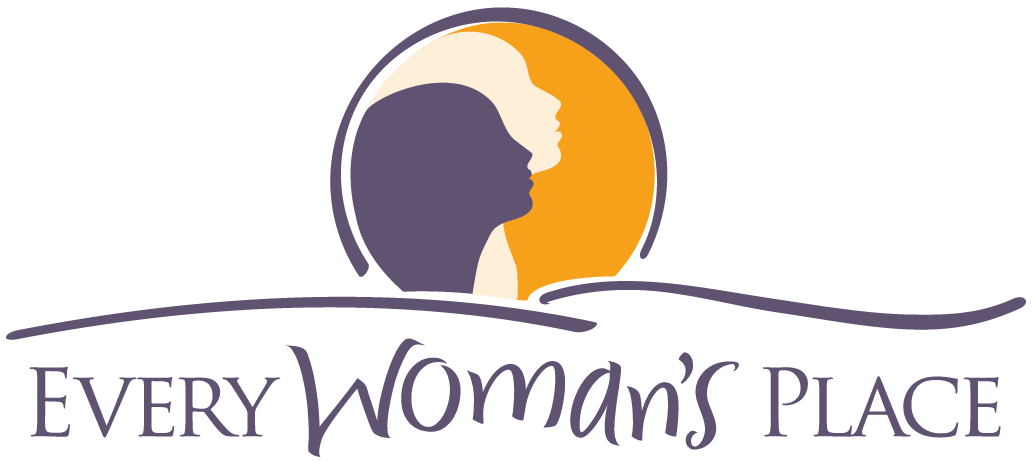Services
Frequently Asked Questions
What does EWP do?
EWP provides services to all survivors of domestic violence, sexual assault, and sex trafficking in Muskegon County with safe shelter, counseling, legal advocacy, and victim advocacy services. Additional satellite locations offer victim advocacy and counseling services in Muskegon Heights and the Whitehall-Montague area.
EWP also offers on-campus outreach at Muskegon Community College, and provides 24-hour crisis response at secure locations following recent domestic violence and sexual assault to provide victim advocacy.
Is EWP only for women?
No. Inclusiveness is a priority and a value of EWP. We serve all individuals, regardless of gender (identity and expression), age, color, creed, disability, education, ethnicity, height, income, language, marital status, national origin, race, religion/spirituality, sex, sexual orientation, veteran status, or weight.
Currently, our residential crisis center (shelter) is limited to survivors who identify as female, but we are always looking to make our shelter more inclusive. If you are a survivor that identifies as male, please reach out to our crisis line, as advocates will still be able to help locate safe and adequate sheltering options for the time being. Male-identifying survivors are still entitled to all of EWP’s services.
Is EWP a faith-based organization?
There are no faith-based requirements for board members, volunteers, staff, or those whom we serve. While EWP’s secular outlook means that we do not represent or require a specific faith tradition, we are also aware that faith and spirit can be important elements in a survivor’s recovery.
EWP staff work to help them remain connected to or to establish a relationship with their faith community. EWP also has long-time partnerships with local, faith-based organizations. While these partnerships allow EWP to connect those we serve to faith communities, as they may desire, these same, partnerships allow those served within partner organizations to easily access important EWP services.
What is the cost for services?
All services, for both residential and non-residential clients, are provided free of charge.
Are your services confidential?
Yes. Our services are strictly confidential and all our staff and volunteers undergo training to ensure they abide by confidentiality and ethics standards.
How do I connect to EWP’s services, including the residential crisis center?
Walk-In Crisis Intervention is the place to start to be connected to our services, including the residential crisis center.
Walk-in Crisis Intervention includes:
- Safety assessment and planning
- Ongoing counseling
- Information and referrals to residential crisis center, other agencies, and resources
- Advocacy and supportive services including legal advocacy
- Domestic violence support and education groups for adults and children
- Parenting After Violence support groups
The Walk-In Crisis Intervention staff are available on weekdays from 9:00 a.m. – 8:00 p.m. Located at 1221 W. Laketon Avenue in Muskegon. Staff can assist with your immediate needs as well as provide information and referrals to services offered by other agencies.
What is the Residential Crisis Center like?
The thought of entering a residential crisis center (shelter) can be frightening; we kept this in mind when creating a warm, home-like atmosphere where safety is a priority. You do not have to pay anything, and you are free to come and go. Being in a residential crisis center is never like being in your own home, but the staff and volunteers at Every Woman’s Place are committed to making the facility as safe and comfortable as possible.
What should I bring?
The most important thing is that you get to a safe place. If you are able, bring your driver’s license or ID, insurance cards, social security numbers, birth certificates, and other important papers. If you have time, bring essential clothing, medicine, and maybe your child’s favorite toy. If you are rushed and do not have time to bring anything, that is okay. Once you have arrived, arrangements can be made to assist you with the necessary items you need.
Can I bring my pet to the shelter with me?
Arrangements for pets will be made with local animal shelters prior to entering the residential crisis center and is subject to availability within the local network of animal shelter organizations.
What happens when I first get there?
Your immediate needs will be determined on your arrival, such as medical care, food and drink, clothing and attending to children’s needs. Once your immediate needs are addressed, you will complete an intake form and be assigned a room. Once you are settled in, a staff person will show you around the building, explain safety measures, discuss meal times, curfew, and shelter guidelines.
Will support be available?
A residential case manager will meet with you several times a week. Together you and your case manager will set goals and work towards achieving them. Your case manager can advocate on your behalf and provide referrals for housing, food, clothing, legal, and other types of assistance. There are optional support group meetings once a week and individual therapy, as well. Many residential clients are encouraged to maintain contact through counseling and non-residential services after leaving the shelter.
Who will be at the residential crisis center?
The residential crisis center is staffed 24 hours a day by staff trained in domestic violence, sexual assault, and sex trafficking. Administrative staff and non-residential staff are in the center during business hours. All EWP staff (administrative and service staff) are trained in victim-centered care, and are here to help survivors heal.
